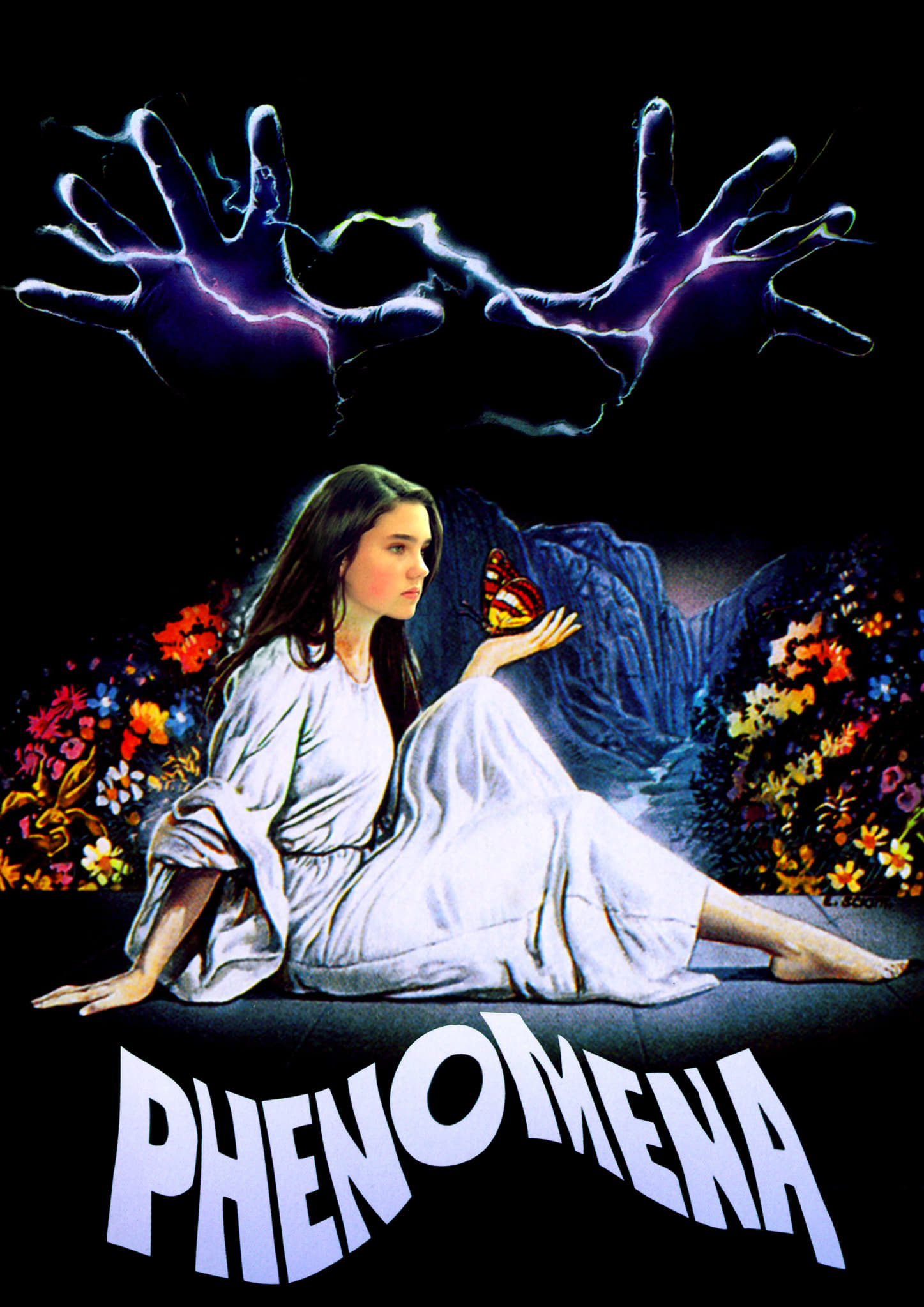


This mindset elevates the ‘Writers of Distinction’ (‘the backbone of English literature’) and separates their work from the ‘restricted vocabularies’ of the minorities, to which Professor Proctor may be ascribed. The principal role of the educational apparatus – embodied in departmental directors, specialised officers, compliant teachers and administrators – is to safekeep the sovereignty of the Standard English Literary Form. So personal, in fact, that the novel, far from simply being a humorous and inventive work of fiction, is a bibliographic account and collation of critical essays concerned with the role and position of the artist within the hierarchies inherent to cultural institutions. ‘My name is so and so and I am a writer.’įor James Kelman, author of God’s Teeth and Other Phenomena, the experience of inauthentic practices at the hand of the literary establishment is personal. ‘God’s Teeth!’ is the playful rebuttal to a contentious set of questions. Despite Proctor’s extensive portfolio, every figure of authority involved in the running of the programme, in unity with the collegiate body, is resolute in reducing the protagonist to ‘the guy who won the prize for bad language’. He has been invited as a guest writer to the House of Art and Aesthetics, a six-week residency which promises established authors the opportunity to work as mentors within a community of creative individuals. Since then, he has published five additional novels, short stories, reviews, essays, lyrics, and miscellaneous literary material. Fifteen years ago, Scottish writer Jack Proctor wrote a Banker Prize-winning book.


 0 kommentar(er)
0 kommentar(er)
